- In the North American state of Alaska, the District of Columbia (D.C.) and in the country of Jamaica the legalisation of cannabis is already a reality. Each has its particularities, but all share one thing in common: they have acted boldly for their citizens' voices to be heard. Oregon could be next on the list.
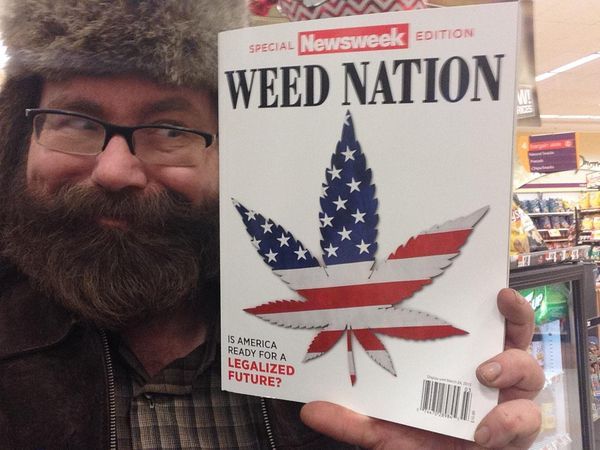
Last November you were able to read at Dinafem about how some states and regions, especially in the United States, were taking firm strides towards the internal regulation of cannabis after their citizens voted in favour of legalising it. At the end of February that legalisation became a reality in a number of these regions.
Threats against Washington D.C.
At this time possessing marijuana is already legal in Washington D.C. (up to two grams, in a private setting), as announced by Mayor Muriel Bowser. It is also legal to grow up to three plants, but smoking in public and buying and selling is still prohibited.
Although the decision was made at the ballot boxes in November, endorsed by two thirds of voters, the result and its application represent a challenge to the US Congress, the body with the last word on what laws that can be approved in any state, whose seat, the famous Capitol Building, is located in the District of Columbia.
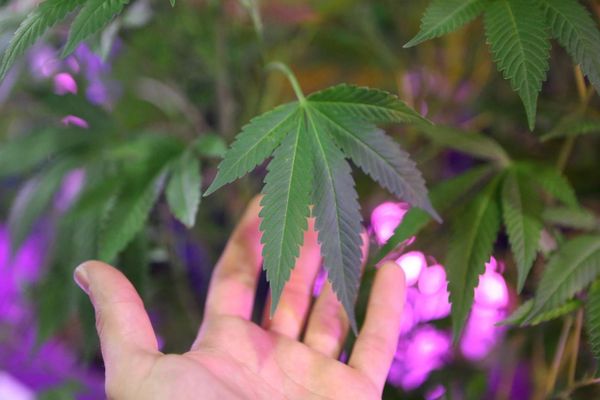
Some Congressional politicians, especially Republicans, warned Bowser in a letter of the possible repercussions she could face if she went ahead with the regulation. According to Utah Republican Jason Chaffetz, who presides over the House Oversight Committee, the mayor could even face jail time for having “violated federal law.” Critics say that Congress should have acted faster and blocked the decision a long time ago.
Bowser has taken the warning as a threat, and stated that she prefers to side with her voters who had said “yes” to legalisation at ballot boxes. She also believes that there are “more reasonable ways, in line with the law” to talk about such a delicate and important subject.
In the event that actions were taken against the representatives of the District of Columbia, the Department of Justice would be charged with prosecuting them, though the scenario seems unlikely.
Alaska
On Tuesday 24 February the legalisation of the recreational consumption of marijuana went into effect in Alaska, as it became the third state (after Colorado and Washington) to lift prohibition. Now citizens 21 and older can possess and consume small amounts of marijuana in private, as well as grow up to six plants of different varieties of cannabis.
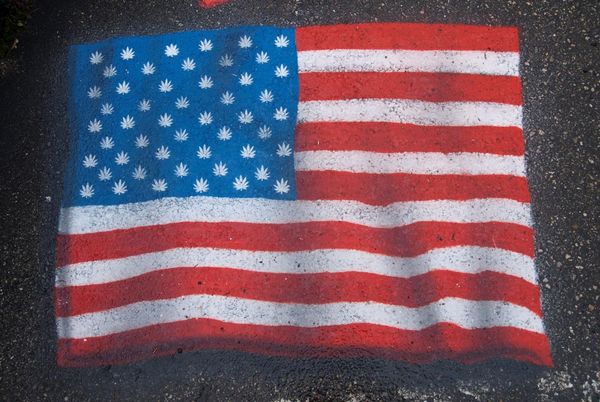
However, public consumption remains illegal, and those who violate this law are subject to fines of 89 euros (100 dollars). Anchorage Police Chief Mark Mew has announced that his officers are prepared to strictly apply the prohibition against smoking in public. The exception will be the suburb of North Pole, where authorities have declared that residents will be able to smoke outdoors on private property, as long as they do not bother their neighbours.
The authorities of this state want things to be done right. Thus, they've not only visited Colorado to learn from its experience (and they already plan to visit Washington), but they have also initiated an advertising campaign to raise awareness regarding responsible consumption. Cynthia Franklin, director of the state's ABC (Alcoholic Beverage Control) Board, firmly believes that “with great laws” its responsibility will be met.
The Board was created on 22 February to supervise the new consumption and to enforce the law, but it will also be in charge of issues like defining the features that edible marijuana products and others must exhibit. The aim is to prevent, for example, a child from consuming candy containing THC by accident. Everything will be clearly labelled.
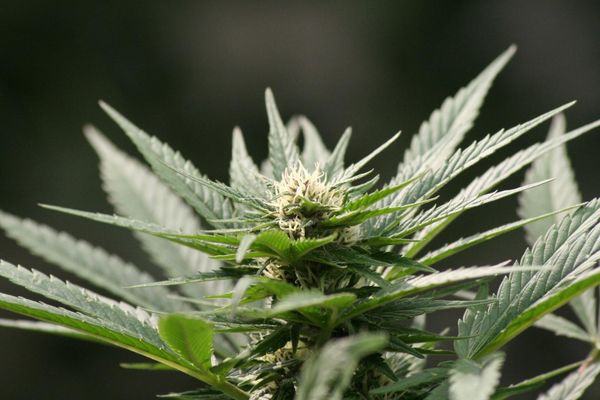
Jamaica
Surprisingly, the homeland of the Rastafaris, who use marijuana in a spiritual way, and that of Bob Marley himself, continued to ban cannabis for a long time, even for therapeutic use.
But things changed for Jamaica last Tuesday when its authorities also legalised marijuana, approving the possession of small amounts of ganja (up to two grams), and the cultivation of up to five plants on private premises.
The new law states that a government authority is to oversee the law's application, and monitor the growing and distribution of cannabis with medical and scientific aims. For the first time in over 70 years the Rastafaris will be able to legally use marijuana for religious purposes. And tourists who can certify their need for medicinal marijuana are also in luck, as they will be able to buy it in Jamaica.
Peter Bunting, the island's national security minister, has explained that the police will strictly enforce legislation “in accord with the obligations of international treaties.”
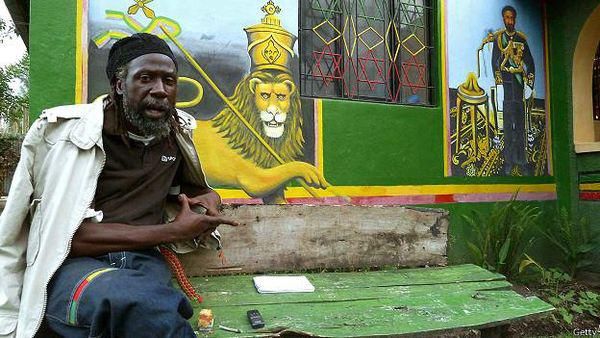
At this time these three places in the Americas have been bold and managed to take firm steps to channel their citizens' democratic decisions. In July Oregon may become one more ally of the legalisation of marijuana in the United States.
The experts believe that these decisions may encourage other states to follow the same path. Some - like Arkansas, Massachusetts, Montana, Nevada, Arizona, Mississippi and California - plan to put the issue to votes in 2016. It is just a question of time before other authorities come to their senses and back a movement which now seems unstoppable.
---------------



Comments from our readers
There are no comments yet. Would you like to be the first?
Leave a comment!Did you like this post?
Your opinion about our seeds is very important to us and can help other users a lot (your email address won't be made public).